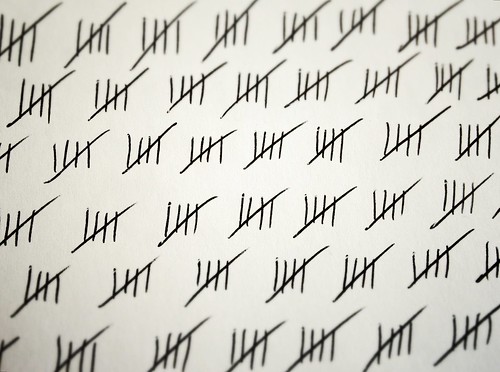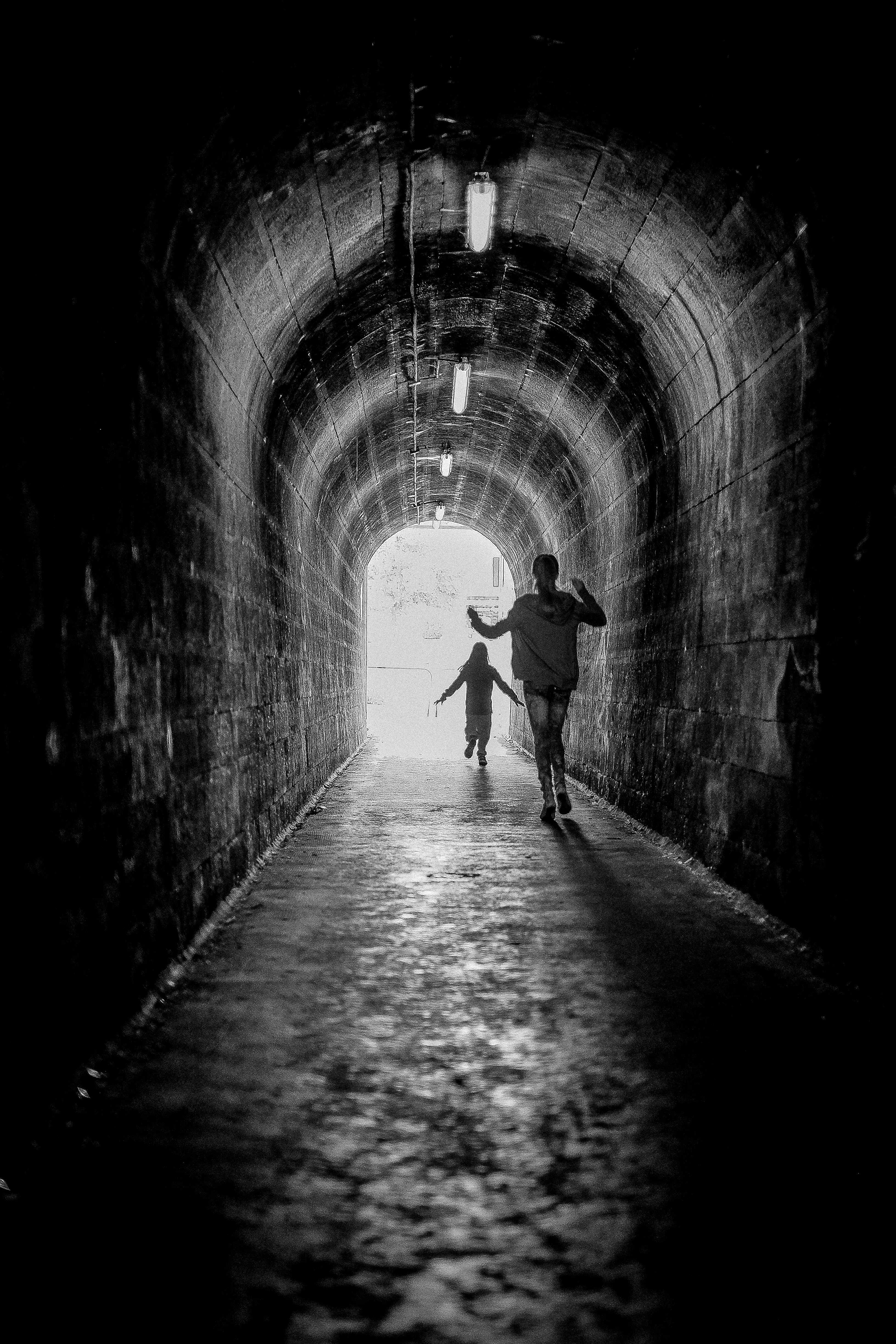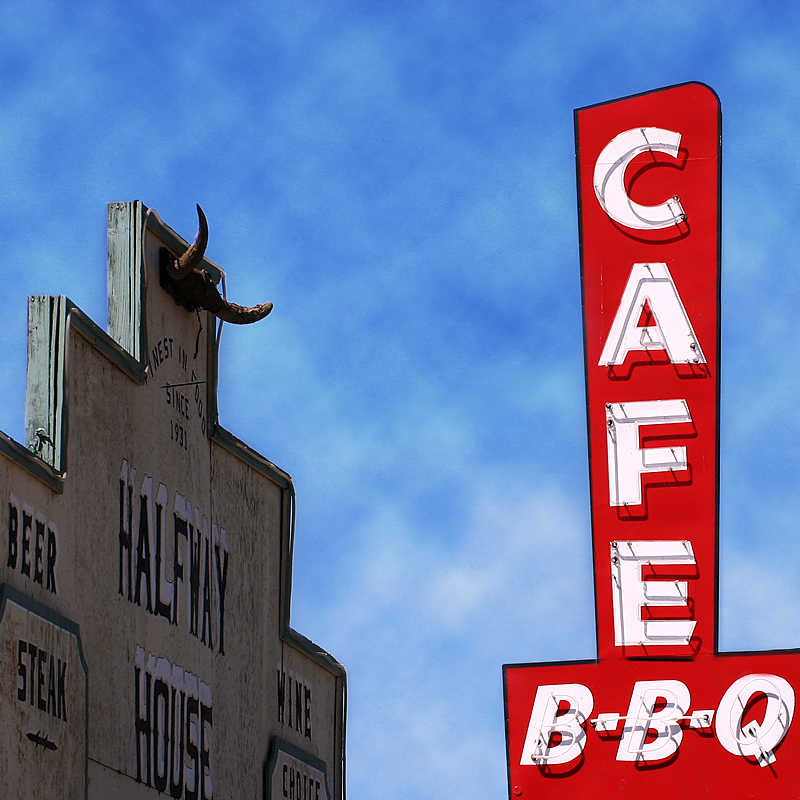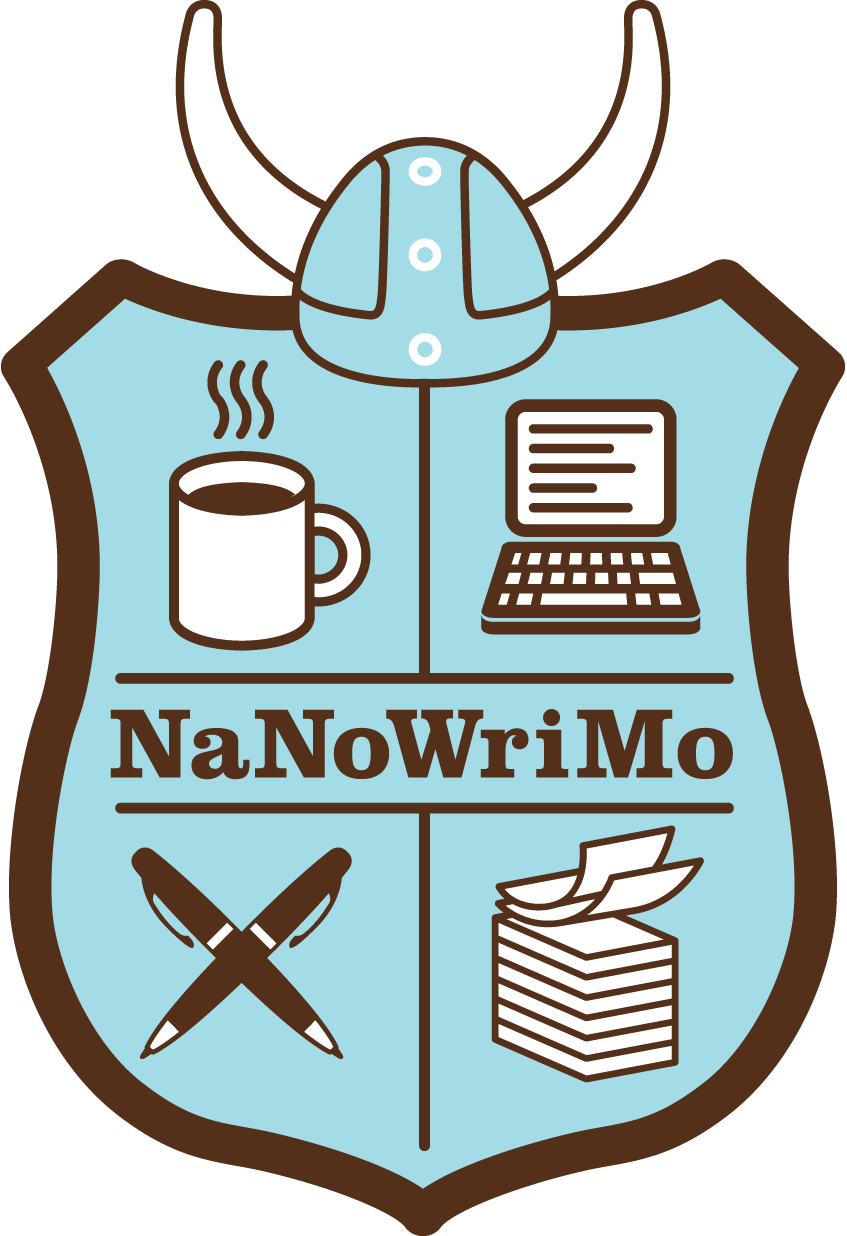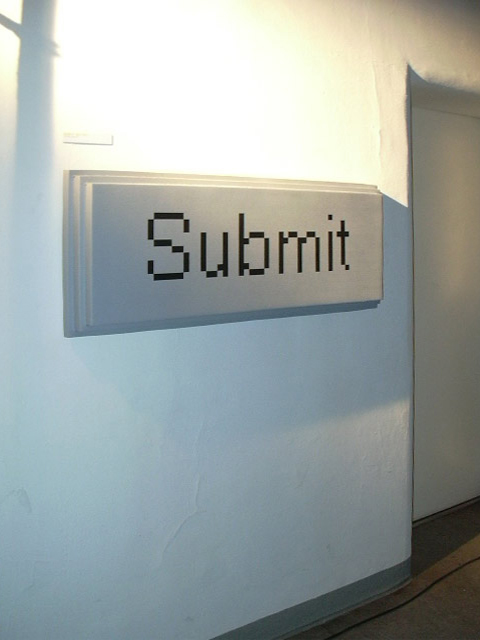When I started writing fiction, I was in the fifth grade. My friends and I were obsessed with an Americanized anime called Robotech that was broadcast on a local UHF station after school. It became kind of like our soap opera and we watched endless hours of VHS recorded episodes before discovering a series of novelizations, which we also devoured. Somewhere in there, three of us decided we were going to write our own robots-vs-aliens stories and we worked for weeks in college ruled notebooks, crafting barely paraphrased prose that we would trade back and forth with each other for notes and critiques.
We quickly abandoned those stories, but I never quite stopped trying to find my way into a story I wanted to tell in long-form prose. In junior high school I tinkered with various speculative fiction genre adaptations, usually abandoning them the second someone pointed out which primary influence I had been inspired by. Then in high school I managed to draft (by hand, naturally) at least 2/3rds of a vampire-erotica novel probably mostly influenced by Anne Rice and hopefully lost to the dustbin of history (and the literal dustbin, because I don’t think anyone has ever asked for horny 90s teenage boy Lestat fanfic even once). I abandoned a dozen other novels after a chapter or two through my early twenties but I did settle on a Pahlaniuk-esque murder mystery/tragedy sometime in the mid aughts that was actively terrible but at least ended up being complete, in that I got to the point where I wrote “THE END” on a final (unsatisfying) page.
I got a bit distracted around the end of that decade when my wife and I decided to start raising a family, and it wasn’t until the early 2010s that I finally decided to pull my latent literary aspirations out into the light of day a little. The story I’ve told a zillion times is that I started feeling like a hypocrite in encouraging my daughter to reach for her dreams when I had never once done anything of the sort. So I started writing some more with the intent to actually share the stories with more than just my closest inner circle. Maybe, I thought, I’d even see about getting some published. It took a little while to get off the ground but then in 2011 I heard about National Novel Writing Month (NaNoWriMo) and decided to take the challenge. I completed the 50K word requirement, and it felt like a pretty big deal.
I skipped NaNoWriMo the following year to focus on revisions for a weird, alt-religious magical realism novel I had started mid-year. But I went back to NaNoWriMo in 2013 and managed to complete it for several years in a row.
The success of that first NaNoWriMo really set the tone for those next few years, energizing me with confidence that I could meet writing goals if I applied myself to the discipline. Aside from getting me to the point where I could complete a second trunk novel in 2012, they established a baseline for my productivity and helped me find part of my voice and develop the techniques I would use to get organized, complete projects, and adapt to challenges. I learned a lot each time I took on and completed the annual challenge and felt they helped to anchor my short fiction work and pursuits of publication the rest of the year. I looked forward each time to starting something new and seeing where I ended up.
Then in 2016, I tried again, but I failed. I missed the 50K word mark by less than 4,000 words. I didn’t try again the next year, or the year after that. I let this website languish, at one point the software broke and it began serving nothing but error pages and I couldn’t even be bothered to fix it.
I don’t recall when I made the connection that I was struggling with writer’s block and impostor syndrome. And look, this whole story is an old and tired tale of middling use to even fellow authors. I’m convinced that writer’s block is fundamentally a collapse of confidence. For an endeavor that is inherently conceited (“ladies and gentlebeings, lo! My WORDS. Marvel at them! Be intrigued by them; be entertained by them; revel in the majesty of my ideas and imagination!”), losing that confidence is a foundational collapse. But it’s also a fairly common collapse, and one might argue that a few clumsy would-be authors with crises of faith in their own questionable abilities slinking back into the silence is a necessary part of the culling process we call publishing.
But either way, at some point I recognized that I wasn’t doing it anymore. I wasn’t writing, I wasn’t submitting, I wasn’t sure I even wanted to be a professional author any longer. The whys behind all of that, though, were complicated and messy. Difficult to distinguish from each other, perhaps because they were all wrapped up together, inextricably. For the record, here is an incomplete list of factors that played a part in me putting down my aspirations of becoming a published author, in no particular order:
- Changes at work. Around this time I got promoted at my job, which put me back on an on-call rotation that sucked up some previously free time and demanded more of my mental energy.
- Life balance. Shortly before I hung up my word processor, I had been spending more time working on my 200 CCs project as an editor and self-publisher than working on writing original fiction. I liked the work, particularly the way it encouraged me to use my creative energies across several different disciplines (reading submissions, collaborating with authors through editing, writing Editor’s columns, typesetting the interiors, graphic/visual design/photography for the website posts and digital print covers, etc). But it was a huge resource drain with a lot of self-imposed deadlines and by the time I curated the print anthology for year one, I was burnt out.
- The 2016 elections. It sounds kind of silly to me now, looking back with the clarity of hindsight, but the election of a genuinely stupid and mean-spirited pseudo-rich guy with zero qualifications to the most important job in the country had a profound impact on me. For one thing, the election taking place the first week of November torpedoed my effort to complete NaNoWriMo that year. Plus, psychologically, the disappointment I had in many of my fellow citizens for falling for his brand of bigoted populism against their own better interests eroded a lot of faith I had in the will of the people. There was institutional disappointment as well given that I naively believed the system was designed in such a way to prevent such travesties from taking place and that turned out to be pure fantasy. The upending of a lot of my low-level notions about society and governance poisoned a lot of my imaginary conceits as well, to the point where the ideas necessary for nonfiction became muddled and the imagination required for crafting fiction became scrambled.
- #MeToo and #BlackLivesMatter, in a roundabout way. Unsurprisingly, as a sexual predator weaseled his way toward the highest office in my country, a correlated pushback began which cast some much welcome light on some of the patterns of behavior that enabled shitty (mostly white) men to do their shitty things. Now, I try extremely hard to be the opposite of a shitty white guy. I can’t help being a guy or being white, and I’m lamentably human which means I’m bound to be shitty from time to time. But it’s very important to me that being awful never becomes part of the core of my being. I listened to a lot of people inside the #MeToo movement and later in similar movements such as BLM which, at their hearts, seemed to be about re-framing conversations to put people’s experiences at the center who hadn’t been centered like that before. I very much liked what those efforts did to elevate historically sidelined points of view but it made me ask a lot of hard questions about my own perspective. Did the world really need one more semi-affluent white penis-bearer’s ideas and opinions floating around out there? Wouldn’t publishing be better if I stepped back and let some minority voices take my spot instead? (The fact that I assumed I had “a spot” in the first place possibly being clear supporting evidence of this thesis.)
- Depression. There’s not much to say here, but I’ve probably been suffering from undiagnosed mild depression off and on for much longer than I was on a writing hiatus, but around 2017 it got noticeably worse. Some or all of these other factors certainly played a role and depression has a nasty way of feeding itself and becoming a downward spiral.
- Writer’s block. Possibly the least descriptively named ailment among those who endeavor to create, writer’s block makes it sound like those who have it cannot produce new work. That has not been my experience with it. As I said above, fundamentally being blocked is lacking the necessary confidence in your output to do anything with it besides bemoan its inadequacy. That doesn’t mean you can’t create, it’s just that the effort to do so feels wasted because the output does not meet your own self-imposed standards. Sometimes, as in my case, if this goes on long enough you might stop making that effort. Which I guess technically could be indistinguishable from being incapable of producing anything, but it feels important to draw the distinction that in most cases you could, it’s just that if you did it wouldn’t matter because you’d self-reject it anyway. For me, writer’s block grew out of a lot of the above factors: “I don’t have ample time to make this good; I don’t understand the world anymore; whatever I have to say could be said better and should be said instead by someone else; I don’t have much value to begin with, why should my writing?” And suddenly everything I write is trash so might as well just give it up and go back to playing video games.
- General frustration with my progress, and recognition that my aspiration was possibly untenable. This one is stupid and embarrassing but real so I’ll list it anyway. When I started making a concerted effort to not just write fiction but get it published as well, I sat down and mapped out a ten-year plan with the goal of having a novel published. My thought at the time was that I would focus on short fiction early on, which I would use to hone my writing skills and give myself the chance to tinker with ideas and voices and perhaps make a small name for myself in certain genre circles before making my triumphant debut as a novelist. I started this around 2011, so I should have given myself until 2021 to see this plan come to fruition. But around 2017 I realized I was way past the halfway mark and had yet to even crack a professional-rate paying short fiction market. I mean, I came fairly close with Shock Totem publishing The Henson Curse (it wasn’t technically pro rates, but the pay was quite high for a semi-pro market), but the ones I felt would lend me legitimacy like Fantasy & Science Fiction, Clarkesworld, Apex, etc weren’t biting at all. This realization that a mini-goal I hadn’t even included as part of my original roadmap was proving elusive shattered whatever confidence I may have had left over. On top of that, I took my fresh disillusionment on a whirlwind tour of “hard truth” exposés about incomes and expectations for professional authors and had to recognize that I was probably more likely to win the lottery I never play than I was to become one of the teeny, tiny handful of writers who can comfortably support an entire family with their novel-writing. At best I was probably facing a constant struggle either to manage two full-time careers or to supplement a novel-writing career with a bunch of side hustles just to keep going.
With all of this bearing down on me, I did what comes exceedingly natural to me: I buckled. Gave up. Went back to playing video games and goofing off with my kids. And maybe that could have—or should have—been the end of it. I gave it the ol’ college try, did my best, got a few stories out into the world so I had at least a little to show for it, but all’s well that ends well (or well enough), amirite?
I guess since you’re reading this on a resuscitated writing website you kind of know the answer to that already. Because eventually the fact that I had to say I “used to be” a writer started to kind of get annoying. Folks who had been super supportive during my stint publishing to small indie markets would occasionally ask, “gotten anything new published?” Their small, sad headshakes when I had to confess, no, I hadn’t, carried volumes of their own. And there were a few diversions along the way that kept me from feeling like I had ever totally closed the door on the notion. A slow-to-respond magazine picked up one of my later submissions before I stopped sending work out and published it in 2019. A couple of supportive publishers pressed a few of my stories out into end-of-year anthologies or followed up with some sort of encouragement. And, despite feeling like I wouldn’t ever be able to produce anything of marketable value, I couldn’t seem to quite keep myself from dusting off the occasional manuscript or story draft now and then.
Usually those forays ended up in frustration or disgust, but I kept coming back to them, sometimes with grand designs of “getting back into it” but often enough just with a bemused shrug, “I don’t know why I’m bothering, but something is compelling me.”
I thought, perhaps, that 2020 might be the year I really dove back in. Covid lockdown in 2020 was a very odd time for a lot of people and I know lots of folks who leveraged their angst and fear and uncertainty into creative pursuits. I thought I might be the same with writing, but it turned out I leveraged that time to work on and run an online Dungeons & Dragons campaign for my friends. Writing has always been something I indulged for my introverted side, a solitary activity where I can gesture at social connection through occasional peer-review workshops or coffeeshop drafting sessions but is, in effect, a thing I do by myself, for myself. During lockdown, that didn’t hold a lot of appeal for me, certainly not the way affecting silly voices and play-acting dragon slaying did. D&D had elements of writing but the payoff involved a desperately needed social encounter so it took center stage.
And then, once things started to open up again and I was playing D&D more for its own sake and not as a lifeline of human contact, I saw a prompt for an anthology that spoke to me. It made me want to write a story, so I did. I submitted it on a lark and got an acceptance (you can read a bit more detail about that over here). And I started thinking, “you know, maybe I’m not actually done with this writing thing after all.”
I spent the summer writing a new D&D campaign. Again, it’s not the same, but it is fiction writing adjacent and it gave me a setting, a place to play in and toy with. A place to exercise my imagination. And I started thinking. I started wondering if maybe there was something else inside this world I was building for my friends, something that might unlock a door I thought I’d lost the key to a long time ago.
A few months ago I fired up the old NaNoWriMo website and tentatively set up a project for 2023. I toiled away at a fresh novel-length story set in the D&D world I’d created. I worked on it for two weeks before I even let my family know I was participating in NaNoWriMo, and I mostly only did that so I could occasionally ask them for a little peace and quiet to get my daily word count finished without having to make up some weak excuse. And then, on November 30th, for the first time in seven years, I completed the challenge. 50,000 words of a brand-new novel in 30 days.
It’s actually kind of a small step. NaNo was never the most productive writing I did in the years when I was at peak authorial pursuit. Of the four pre-2020 projects where I clocked a minimum of 50K words, two were failed experiments, one was so ambitious I may never find a way to encapsulate it into a single finished book, and one was so ill-defined and dull to work on that I actually achieved my monthly word count by writing some random smut each day instead. The year I failed to complete the task I had actually set out to expand a novella I had already written and was having trouble getting published into a full-fledged novel, so even if I had produced 50,000 new words of writing, I’m not sure it would technically count. The novel I claimed as my triumphant return to writing this past November was barely halfway done, story-wise, even as the requisite word count threshold was reached.
But, I’ve spent time in the subsequent couple of months actually adding to that story, writing a dozen more chapters and finding the path to reach what I hope will be a satisfying conclusion. And in a way, that’s really what the contest has always been about for me: proving that I can not just do it but stick with it. Keep going, even when things aren’t going the way I want them to or when I’m not sure what I’m even doing here.
I can’t say I’ve fixed my worries that maybe I don’t need to add my voice to the chorus of speculative fiction writers, most of whom bring to the table things I can’t possibly bring (underrepresented perspectives, unique voices, novel lived experiences) and things I’m not sure I’ll ever achieve (strong stylistic vision, fresh ideas, economic prose). I definitely haven’t stopped feeling like an impostor nor am I cured of depression or my disillusionment with geopolitical realities.
But, for now, I’m writing again and I’m not putting any pressure on it this time. I’m back to doing it for me, for the joy I can find in it, and for the hope that someday, maybe, a handful of others might find a little joy in it as well.

 When to Write, When to Sleep
When to Write, When to Sleep Sarah is the Editor of
Sarah is the Editor of 